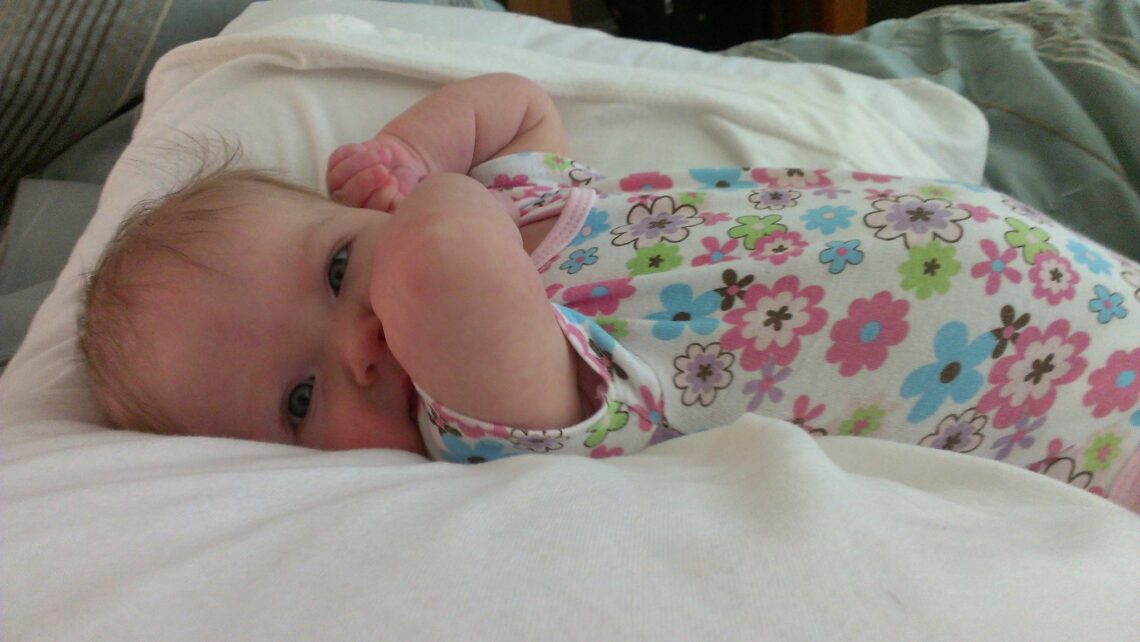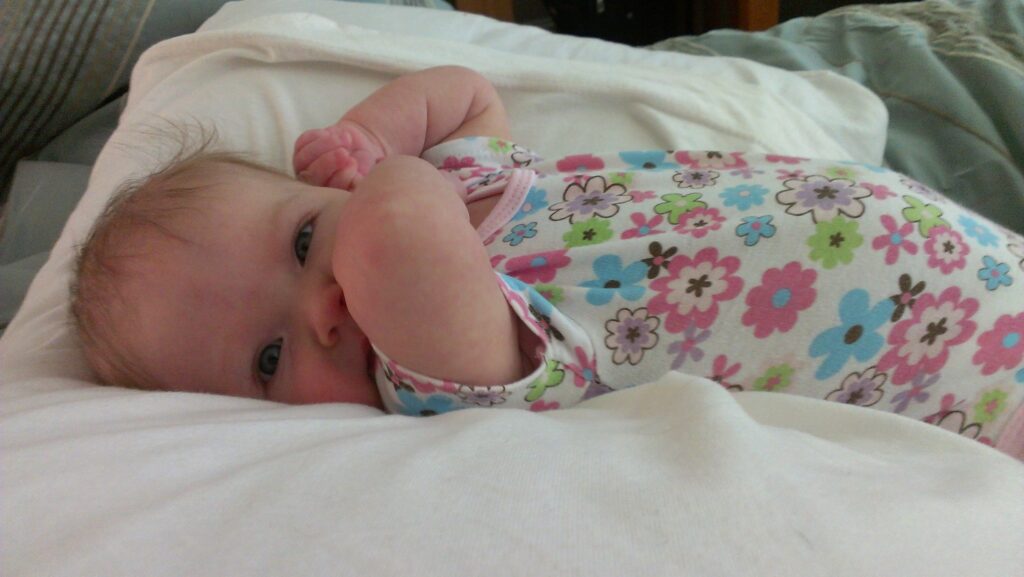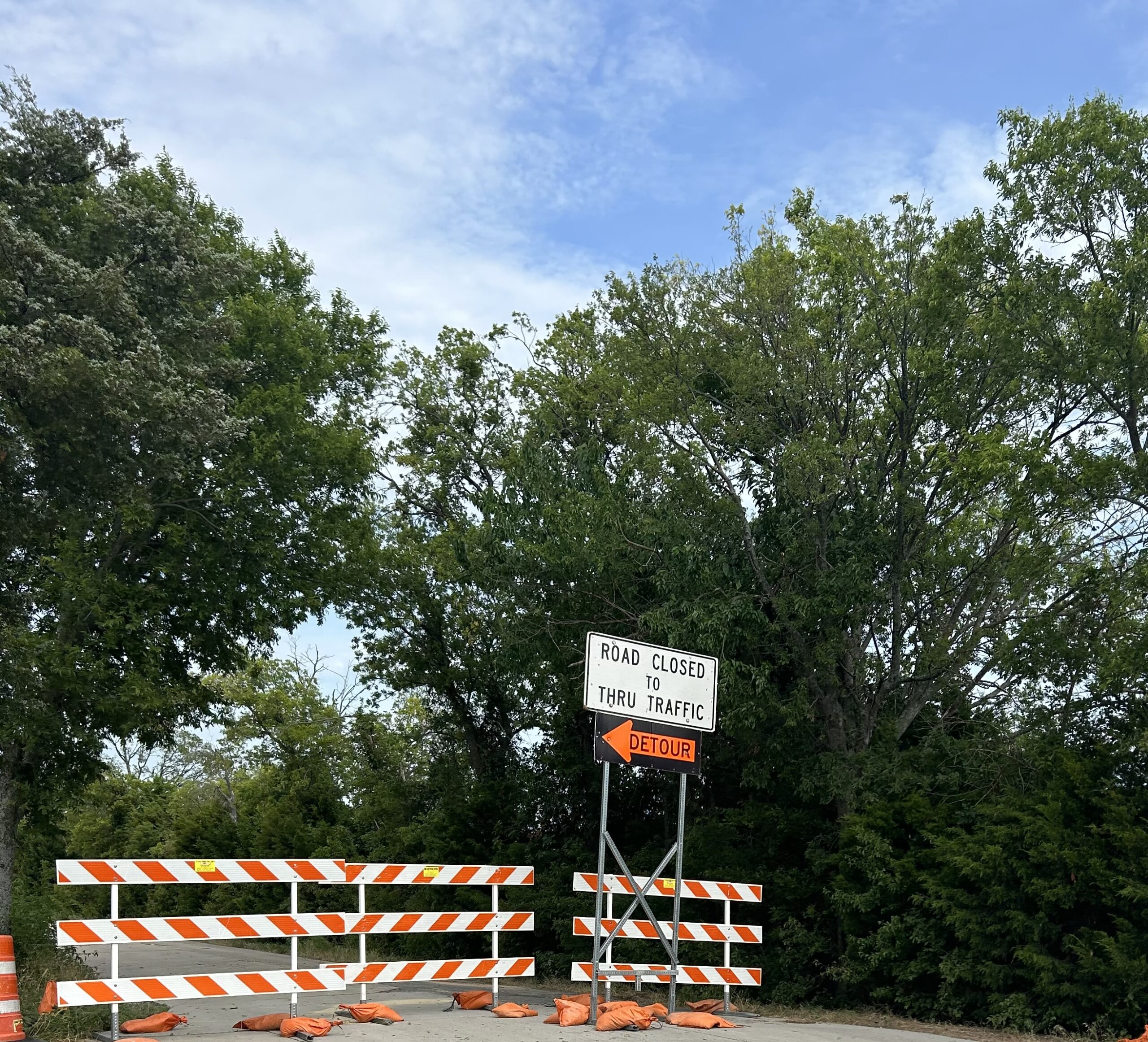
The Journey of Mindfulness: Nurturing Awareness in Children’s Lives
Estimated Reading Time: 8 Minutes
Hey Sweet Families and Friends,
Cambridge Dictionary describes the adjective “mindful” first as “careful not to forget about something” and secondly as “deliberately aware of your body, mind, and feelings in the present moment, in order to create a feeling of calm.”

As babies, our little ones begin a journey of self discovery. They begin with their own body by grabbing you with their fingers, maybe pulling your hair, squeezing your finger or grabbing your necklace around your neck. As they grow, they start grabbing their feet, placing them in their mouth and feeling all of the sensations that come from using their senses. They might be introduced to a mirror as another way to self discover and later begin using their hands as way to bring food to their mouth, thus creating an awareness of a cause and effect. Even as babies, they are creating a foundation for awareness. At this point in their lives, they are only working on creating the awareness of themselves. It’s fascinating how stages are completed in a timely order. For as they continue to grow, little by little the awareness of others begins to play an important role. The awareness of others isn’t possible though if the awareness of themselves had not begun.
After those first couple of years of awareness, our little ones truly start seeing others. Understanding that others are occupying the same space they are, wanting the same toys, attention and learning little by little the importance of wait time. This is where the crucial word “mindfulness” can be introduced. Even at a young age, the word mindful can be apart of your family’s day to day vocabulary. Remember that being mindful is simply “careful not to forget about something.”
When your little one may reach out to take a toy from another friend, we as parents may find ourselves just saying “no!” and intervening by moving our child’s hand or maybe not doing anything and just letting the situation unfold without intervention. Having a bank of alternative statements such as “lets be mindful that your friend has the toy right now,” while helping your child give the toy back, gives an opportunity for the long term vocabulary word “mindful” to be present throughout your child’s life. Your child will not completely understand the word mindful in the beginning, but as situations arise its amazing how they learn to understand its true meaning.
As our little ones begin to go to school, awareness and mindfulness start to become one. As kiddos are in a classroom with 20 other personalities plus the personality of lots of adults, it can be hard for them to navigate all of the awareness and mindfulness protocols. From their perspective, they are trying to keep up with who needs more personal space and who wants less, who gets upset easily and who doesn’t mind a joke, who wants to hear their story and who doesn’t PLUS trying to keep track of the varying expectations of teachers. This can be overwhelming and exhausting.
So, how do we help our kiddos grow to be aware and mindful? Aware of their surroundings, aware of what they are doing, mindful of others, mindful of time, mindful of their actions?
I believe there are 3 ways to help foster that awareness and mindfulness.
1. They have to know the why
Our children are naturally curious and seek to understand the reasons behind rules and expectations.
While discipline may sometimes lead us to simply say “because I told you to” or “because you are supposed to follow directions.,” these missed opportunities to explain “why” may hinder their growth. It’s like we’ve put up a stop sign or closed a path. We’ve prevented them from learning something they can apply to other areas or like situations…. put a road block where we could’ve given them another opportunity to learn awareness and mindfulness. When we take the time to stop and explain the why, we give kids a sort of background knowledge on the expectation, many times it will stop a temper tantrum from occurring and now they have information they can apply to other situations.
If our child is yelling in the public library, we can see it as an opportunity to say “you better stop yelling in this library or we are going home.” Or, ” remember to be mindful that a library is a quiet place for people to read, study and use a computer. If we are loud, they may ask us to leave.” What the first option focuses on is the yelling, while the second one focuses on the behavior in a library. With the second option, the child can learn to generalize that all libraries are quiet places because we have shared the why behind not yelling, thus creating an awareness and mindfulness as they attend other libraries.
Or maybe your family is at a restaurant. Your child has finished eating, however the rest of the members of the family have not. Your child is ready to leave “right now” because they are finished. You could say “it doesn’t matter that you have finished, we aren’t leaving right now.” Or you could explain that when you go to a restaurant it is different than when you are at home. That often times people may talk a little longer at restaurants and eat their food a little slower. You could go on to include the child in the conversation at the table, creating another opportunity for mindfulness and awareness to be created through conversation etiquette. Where the first option focuses on what you aren’t going to do, the second one focuses on what it looks like to eat at a restaurant plus a bonus of what conversation etiquette looks like- Thus creating lifelong skills!
2. We should not expect them to be more accountable than we are ourselves.
I feel like this is an important one. As our little ones are growing and learning to be aware and mindful, we have to remind ourselves how much older we are compared to them, how much time that we have had to grow and that we cannot expect them to be at the same level of awareness and mindfulness that we as adults are…… or expect them to be more accountable than we are ourselves. We’ve all been there! Maybe our child is yelling in the house, and we yell at them to quit yelling. Or we tell them not to say something, but then we say it ourselves. As adults, we are also continuously growing, and these situations provide us with an opportunity to communicate this to our children, apologize, and strive for improvement. However I think it’s important for us, as parents, to strive to exhibit the behaviors we want to see in our children and avoid engaging in actions that we discourage.
3. Lots of opportunities to practice
Finding time, even with 24 hours a day and 7 days a week can seeming impossible. The demands of work, school, homework and sleep, those hours seem to quickly dwindle. So how do we find a balance and find opportunities for practice of being mindful and aware? I believe the answer lies in implementing them into our everyday and making them as well as the vocabulary the norm. In the beginning, you will need to purposely integrate them, but as you and your child get used to thinking about those 2 important words, they begin to just be who your family is. You can start by just helping your child be aware upon waking up. Pay attention to how they are feeling- Did they sleep well? If not, are they sick? Reflect on whether their bedtime routine contributed to how they are feeling. Truly take notice of those first few minutes of the day, as they will have an impact on the next event of the day. Ask the questions out loud to your child so they can begin verbalizing and being aware of what they are feeling when they get up. As this part becomes natural, can you extend the opportunities? Getting dressed, eating breakfast and greeting others in the house are all areas that could be extensions of learning awareness.
Conclusion:
As you share the “why” behind actions, lead by example, and integrate awareness and mindfulness into everyday moments, you create an environment that fosters self-awareness, empathy, and resilience. Embrace this journey, knowing that the impact you, as parents, have is immeasurable. Your dedication to nurturing awareness and mindfulness will shape your children into compassionate, mindful individuals who positively impact the world around them. Keep up the incredible work, Parents – you are making a difference!
Key Takeaways:
*Cambridge Dictionary describes the adjective “mindful” first as “careful not to forget about something” and secondly as “deliberately aware of your body, mind, and feelings in the present moment, in order to create a feeling of calm.”
*Being mindful and aware are lifelong skills that our kiddos will need as they become healthy adults.
*3 ways that we can help our child become aware and mindful are
1.) Sharing the “why” with them. Explain why we do things a certain way.
2.) Make sure we are careful to not hold them to a higher accountability than we do ourselves.
3.) Giving them ample opportunities to practice being aware and mindful.
Sincerely,
Wanting the Best For You and Your Littles
As you go about your day, your week, your month, your year, remember that you were created on purpose for a purpose and so was your child.


4 Comments
Ashley Hubner
Awesome blog! Glad you’re sharing your voice and passion! Can’t wait to read more!
sumer.duncan
Thank you Ashley! It’s been a joy so far! Hope you are having a great summer!
Pingback:
Karron d
Love this piece on mindfulness, we didn’t hear that word as a child ! Great blog !